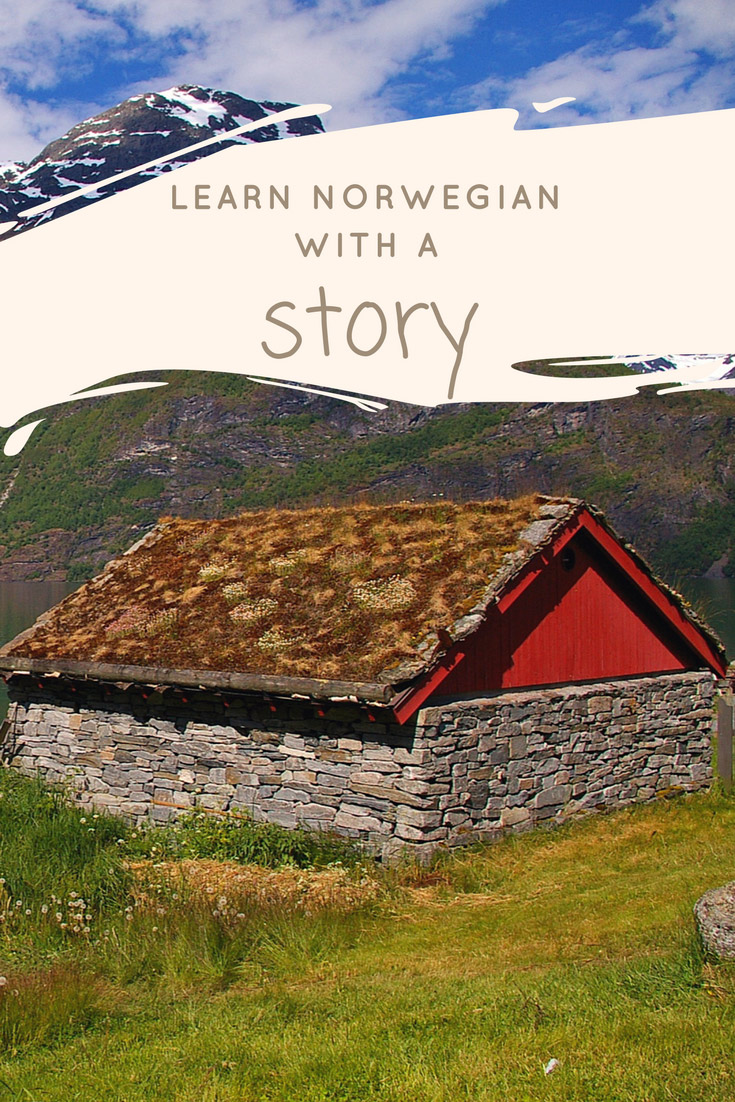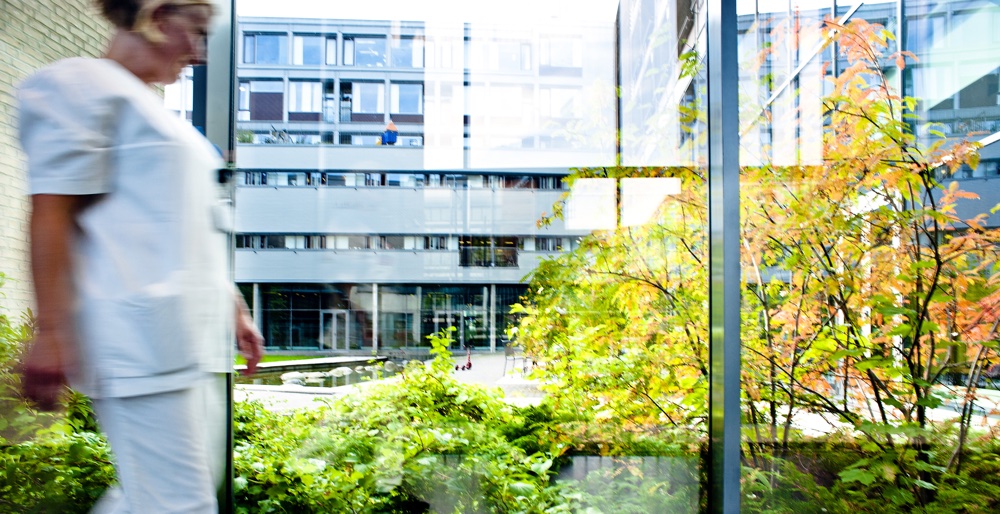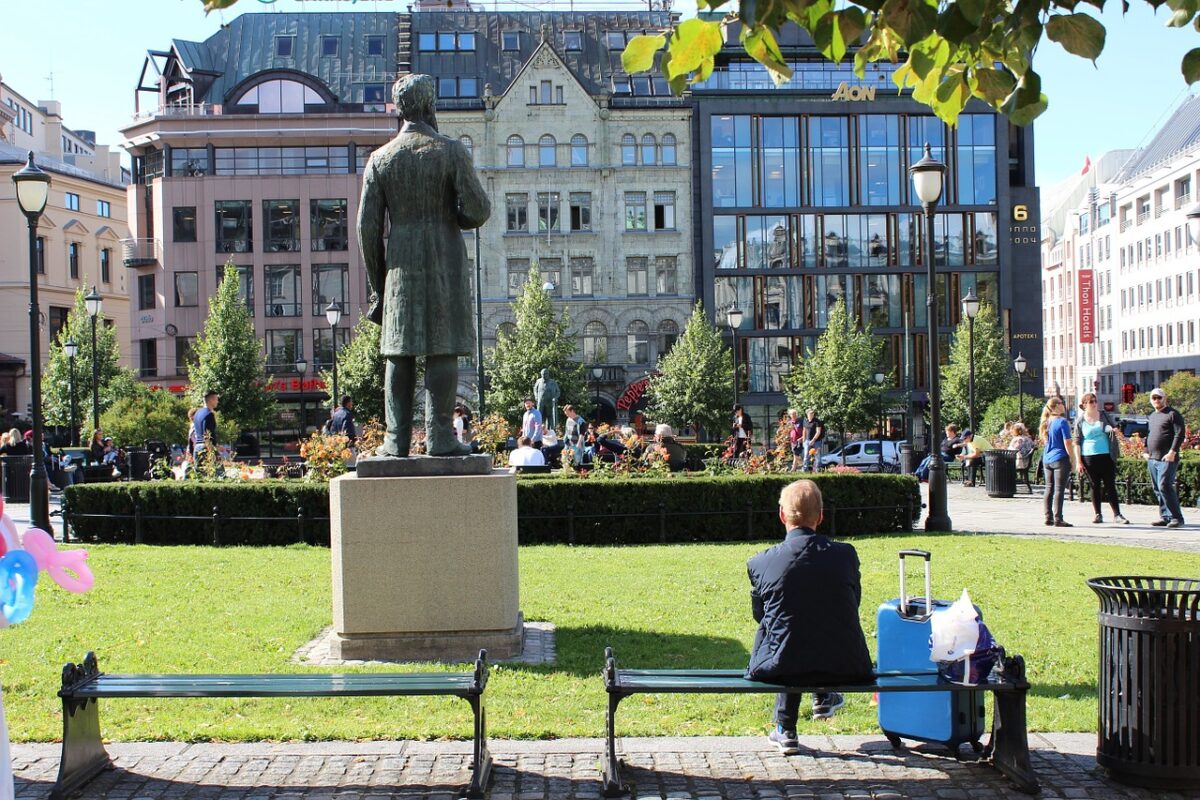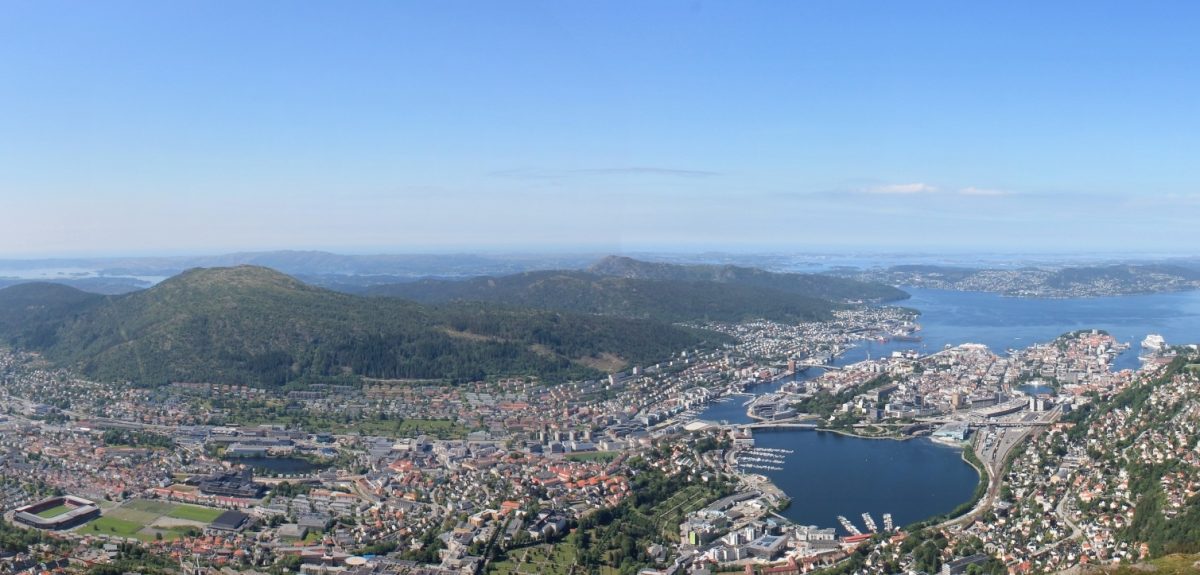
A handy checklist for those about to make the move to Norway.
Moving house or changing jobs are said to be two of the most stressful times in a person's life.
So imagine doing both at the same time, while throwing a new country, language and culture into the mix. Moving to Norway can be a challenge!
Documentation
Collect original copies of anything and everything, and make many copies. Birth certificates are a must, as are any qualifications and certifications (more on that later).
Most Norwegian authorities accept English language documents when it comes to immigration and working matters. If you are moving from a non-English speaking country, it's worth getting everything translated into English.
It's also worth bringing documents showing your financial history, old bank statements, and a statement from the Police – assuming you have no criminal record.
Start learning the language
With modern online courses and access to digital media in Norwegian, there's no need to wait until you arrive to start learning the lingo.

While it's going to be far easier to make progress when you're here, putting in the groundwork and nailing the basics is a great use of time.
If you're wondering just where to begin, start with a free app like Duolingo or Memrise, read some of the online websites written in plain Norwegian like Klar Tale, and listen to NRK's range of podcasts to get a handle on how the language sounds.
There's loads more tips like this over on our free guide on how to learn Norwegian.
A plan for seeking work
Whatever you do, don't just jump on the first flight to Scandinavia and assume finding work will be a breeze. As many people on this website have written, the difficulty in finding a job is seen by many new arrivals as one of the biggest downsides of living here.
Read the advice here on Life in Norway, especially in the work and jobs sections, and talk to people already living here.
Remember, the native Norwegian population is highly skilled and fluent in English, so you have to have significant experience or rare qualifications in order to stand out.
Get your finances in order
Moving to a new country is an expensive project, let alone when you are moving to one of the most expensive countries in the world.
Things work differently here, and you may find yourself balking at paying for things that used to be free, or paying three times the price for something than in your home country.

If you've done your research, you'll know that Norway is expensive, so these things shouldn't surprise or shock you.
You will need a significant sum of money for a deposit on a place to live, and a good chunk to pay for everyday expenses until your first salary arrives.
As a new arrival, you shouldn't expect to be offered any credit, as you have no financial history on record. As soon as you have an account, sign up for BankID, Altinn, and other online services, as this will make it easier for you to interact with the authorities.
After a year or two living, working and paying taxes in Norway, you'll be able to apply for a credit card, which will help build a credit rating here in Norway.
Medication
Are you on any prescription medication? It may be some time before you are registered with a new doctor in Norway and are able to receive those same or equivalent medications here.

So be sure to have a talk with your medical practitioner in your home country about making sure you have enough medications to cover the transition period.
For any medications beyond the basics, it's best to bring as much documentation as possible from your home country about the specific medication and your personal medical history. Most doctors will have no problem with English documentation.
School and work certification
Norwegian employers expect to see proof of your education in the form of an original university degree certificate. A transcript of results may or may not be accepted, so it's best to get a copy of your certificate if you have lost it. Contact your university or college.
This also applies to any work training courses you have done, especially formal qualifications such as the PRINCE2 project management course or any internationally recognised health & safety training. If it's on your CV, an employer will expect to see it!
Mental preparation
It is really important that all new immigrants prepare for both the opportunities and challenges that you and your family will face in adjusting to a new culture.

It's impossible to predict how you will react and what those specific challenges will be until you are here, but there are things you can do to prepare.
Norwegian culture, society and lifestyle can take some getting used to, especially if you are moving from a sociable Mediterranean culture.
Many consider Norwegians to be rude, but really they just keep themselves to themselves. It can be difficult to make friends in Norway as an adult, so be prepared to extend a lot of effort in making this happen.
If you are a trailing spouse (the partner of someone relocating for work) then mental preparations are especially important. You will have time on your hands but will lack a social circle and everything will feel unfamiliar.

This can be a very difficult adjustment if you don't plan on finding a job. Starting a new hobby, one that involves going along to a regular class or group, will make a big difference, as will throwing yourself into language learning.
Good luck and best wishes for your move – and welcome to Norway!


What about a retired person with a pension? Any idea about how much per month one would need to live a moderate lifestyle?
Marta
I have the same interests as Marta! I am retired in California and net 80K+ a year. I am losing all interest in staying in the U.S. and fell in love with the Bergen area many years ago. I have tried purchasing property – in Norway, but have been told I need a “D” number and then, after the dummy number, a personal ID number was necessary to buy property. Told I could not establish any kind of bank account in Norway from a foreign country, but my retirement and Social Security checks CAN be sent to any bank in Norway by way of direct deposit! I was told there would be no problem with purchasing a home in Norway as long as I had “the numbers,” e.g., already working and living in Norway. Is there a way around that?!
I am also retired and love Norway. I would like to rent for a year before buying. How is the rental market outside of Oslo ( I doubt I could afford anything in Oslo.
You do not have the right to simply retire and live in Norway. Qualifications for residency are stringent and based upon very specific criteria. It is not a traditional retirement destination like Spain, Mexico, etc., and you can’t just move there permanently without going through the immigration process with UDI. If you succeed in buying a house, you can, of course, visit for the allowed period of time, but permanent residency is another kettle of fish altogether.
Hello all – I’m moving from Asia to Oslo for work in April next year with a young british family. I need to find a house to live in and local schools (kids will be 5yrs old and under by the time of move). We are looking to live West of Oslo in the Baerum/Sandviker area. I plan to visit ahead of the move in Feb and secure housing and check out schools so I was hoping to set up a number of viewings with an Agent that can help with all of the above. Can anyone recommend an Agent that is used to settling in Internationals? many thanks for any suggestions.
Im kinda a freshman in high school and I have visited Norway many times before and I loved it!. How should I prepare at this age before I move there, I at least would want to get a good paying job and stay for up to 3 years before I move there. Just wondereing what I should do?